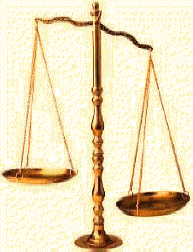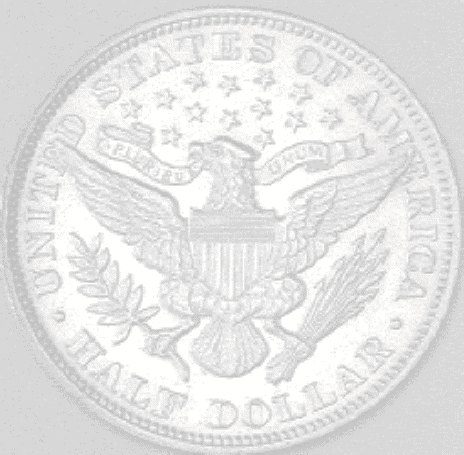
|
|
||
|
|
|
|
|
|
||

-43-
FOR BETTER OR WORSE:
Taxation
Congress attempted to correct the problem by requesting the states to levy a tax of 15,000,000 "dollars" a month in Continental bills or in specie on a basis of 40 paper "dollars" to 1 dollar of silver. Congress would then replace the old bills with new ones at a ratio of 20 old bills for 1 new note. Bob Livingstone in his monthly publication entitled "Christians Awake" states the purpose of taxes then as now is to force paper "money" out of circulation and to replace it with newer notes (Konker, “Money in Colonial New England”; 5). This amounts to the confiscation of the true wealth of the land.
Mutiny
In January 1781, on account of
bad "pay," the Pennsylvania line mutinied and killed a captain. A
soldier's "pay" had dropped from 7 "dollars" a month to 33 "cents" even
though Congress had twice raised it. In reality, the currency was held
in such contempt that 7 "dollars" in paper could be exchanged for what
33 "cents" in coin could buy.
Washington could not move his army to Yorktown until
Robert Morris had borrowed hard "money" from Rochambeau to pay the
soldiers (White, 141).
In 1783, a company of soldiers marched from Lancaster,
Pennsylvania to Philadelphia with the intentions of seizing members of
Congress and holding them hostage, or else of breaking into the bank
where federal deposits were kept. The federal government applied to the
state militia for relief, but the Governor was afraid to summon them for
fear they might join the mob. Members of Congress fled across the river
to Princeton (Jacobs, 27).
The Bank of North America
On December 31, 1781, the Bank of North America was chartered by citizens of Philadelphia with a capital of 400,000 "dollars." Its notes were redeemable in Spanish "dollars." According to Mr. Gouge, its capital was greatly reduced and its charter was repealed. It nevertheless continued under a charter granted by the Continental Congress, and after the expiration of this charter, it continued under a charter granted by the state of Pennsylvania (Sumner, 49-50).
"Implied Powers"
Article I, Section 8 of the
Constitution gave Congress the power "to coin money, and regulate the
value thereof.” Alexander Hamilton Robert Morris persuaded the new
Congress the Constitution contained "implied powers." Following its
ratification, Robert Morris suggested to George Washington that he
appoint Alexander Hamilton as Secretary of the Treasury.
In 1790, following the death of Benjamin Franklin,
Secretary Hamilton proposed the public debt which amounted to
approximately 75,000,000 "dollars" be converted into interest bearing
bonds, and in December of the same year, he proposed to the House of
Representatives a privately owned bank that would have the sole right of
issuing currency for the United States. The government was to be made
responsible for all its transactions while the bank itself was exempt
from taxation. This was to become known as the First Bank of the United
States (Griffin, 170-71).
